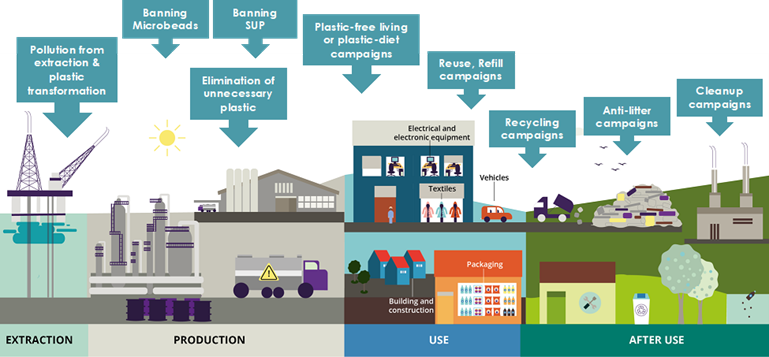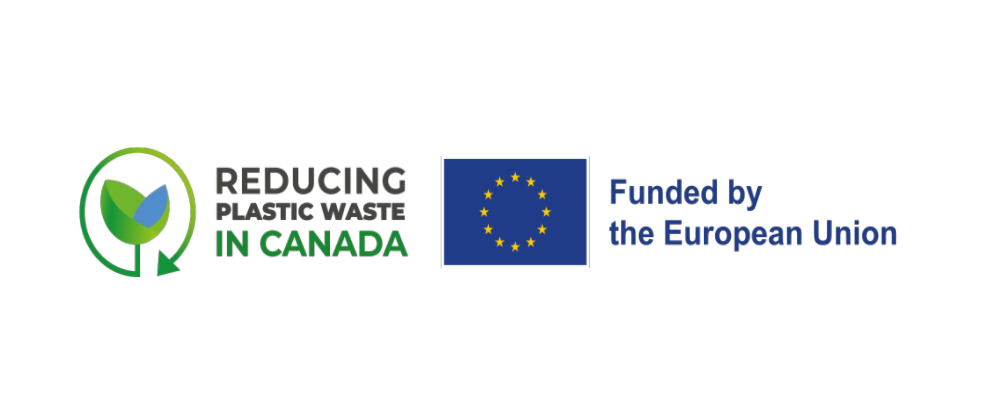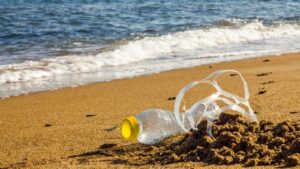Story 3: Campaigns to Shape Sustainable Consumers Target Change at All Stages of the Plastics Value Chain
There have been successful plastic consumption campaigns developed for every stage of the plastic value chain including production, use and consumption, and end of life management.
European and international campaigns to prevent plastic pollution have been used at every stage of the plastic value chain. Plastic campaigns can focus on the production stage, tackling the environmental impacts of plastic production (Toxic Tours), or the impact of plastic pollution on the environment (Beat The Microbead), or on human health (Think Before You Buy). Campaigns covering the use/consumption phase include individual plastic reduction or avoidance of single products (Stop Sucking, Switch the Stick, Embarrassing Bags), and use or reuse behaviours (BePlasticWise, Be Ready to Change, Break Up with Plastics, Ending Single-use Plastic, Plastic Free July). The recently launched campaign Get Back promote the good reuse practices that preceded the boom of single use plastic and demand institutional changes in policy.
Some waste campaigns encourage consumers to recycle more by using different types of incentives (FostPlus, Yoyo). Littering, waste and plastic mismanagement and their impacts on the environment are the focus of campaigns for the cleanup of beaches, lakes, rivers, and neighbourhoods (Oceana, Let’s Clean Up Europe). Citizens-science campaigns provide important insights about consumer behaviours and their impacts, involving citizens in understanding plastic debris composition (Break Free from Plastic – Brand Audit Toolkit), and the impact of microplastics in nature (CleanSeas).
The success of so many international plastics action campaigns at every stage of the value change demonstrates that changing consumer behaviour to more sustainable consumption patterns can be done if the messaging is right and if it translates into motivation for action, regardless of which stage of the plastics value chain it is targeting. Consumers have been motivated to change behaviour at all stages of the value chain through many of these campaigns undertaken in Europe.
How plastic campaigns can interact with the plastic value chain

Click to view a larger version of the infographic above.
URLs / References
Fogh Mortensen, L., Tange, I., Stenmarck, Å., Fråne, A., Nielsen, T., Boberg, N. and Bauer, F., 2021. Plastics, the circular economy and Europe′ s environment-A priority for action. EEA Report, (18/2020). https://www.eea.europa.eu/publications/plastics-the-circular-economy-and/download
Stockholm Environment Institute (SEI) and the United Nations Environment Programme (UNEP), 2021 Reducing plastic pollution: campaigns that work. https://www.sei.org/wp-content/uploads/2021/02/210216-caldwell-sle-plastics-report-with-annex-210211.pdf
The European Union (EU) project on Reducing Plastic Waste in Canada




